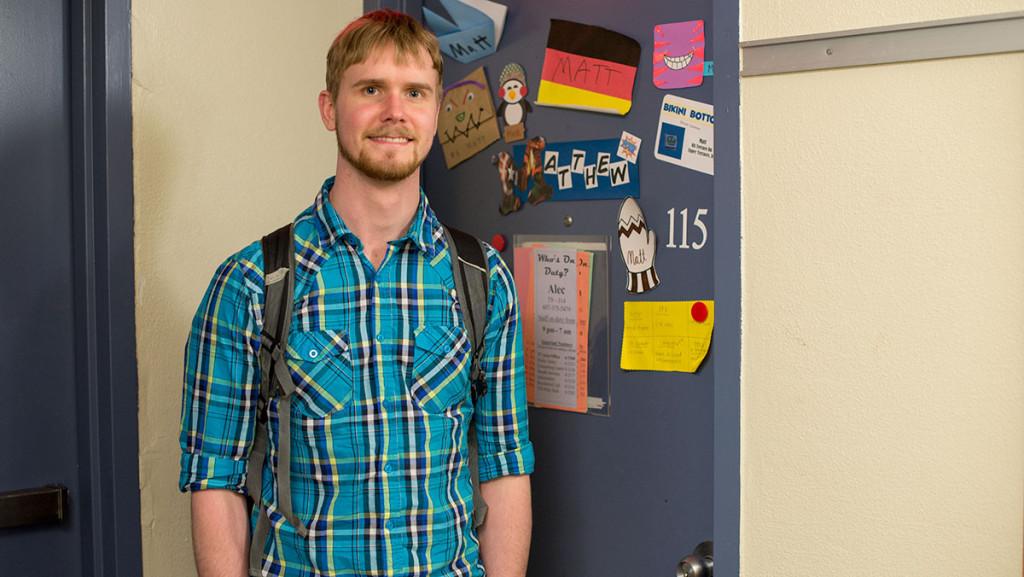Before I begin, I just want to say that I’m grateful to have a resident assistant position at Ithaca College. These past two years as an RA have been a great learning experience for me. However, I felt the need to write this article to serve as a voice for those who have opposing opinions of what the Office of Residential Life is and does. My goal in writing this is to offer a critique of the structure of Residential Life, actions of RAs and to offer an alternative approach to bettering the lives of on-campus residents.
So then, I would like to start off by asking you this: Has Residential Life ever caused a problem for you? Whether it is dealing with an overly egotistical RA, administrators who fine you for being loud in your room or Integrative Core Curriculum programs that waste your time, the answer is probably yes.
Why is this? I hear so many stories of RAs trying to be police officers. For example, one RA earlier this year threatened to write up her peers if she caught them drinking while on a field trip. In my experience, RAs seem to care more about writing you up than they do about your safety. What’s particularly interesting about this is that RAs party just as much as residents do — it’s college. Doesn’t it seem hypocritical to write up a resident for something you do yourself? We’re also encouraged by our superiors to rat one another out for these sorts of things, which really doesn’t help anybody.
Everything in Residential Life is bureaucratized and put into numbers. Your dollars from paying for room and board, fees from room damage, fines as a result of partying or health and safety violations, etc., all go into Residential Life’s pocket. Residents are the clients, RAs are the employees and Residential Life is the employer. It’s a business model designed to make money. The bottom line is that we RAs are employees who just have requirements to fill. If you were someone who didn’t make the RA position, think of it as an opportunity to enjoy your college experience more. Residential Life markets the RA position as a fun job that gives you a paycheck for being a nice person and getting to know residents. Don’t let them fool you: It’s all paperwork.
What we are told time after time during RA training sessions is, “Our residents are not our friends. They are our residents.” This seems disrespectful to me. I’m willing to bet that you have exponentially more respect and love for your friends than your RA. To whom would you, as a resident, be more likely to listen? What happens when we try to “educate” you about topics of diversity — which most people hate discussing — if we aren’t liked or respected in the first place? I have made lasting friendships with many of my residents, and I don’t think that’s a bad thing. I would rather treat people as people than as my subordinates whom I need to babysit and keep from getting in trouble.
With all this being said, I don’t want to point fingers at the heads of Residential Life for these problems. They do try to advocate for us and make our jobs valuable. I don’t know where these problems stem from, and I don’t know how to fix them. I just wanted to bring up this question: How can we change the RA position to truly being about keeping our residents safe, happy and healthy? Once we answer this, I think there could be a change in the relationships between residents and Residential Life.
Matthew Sidilau is a junior music education and trombone major as well as a resident assistant in Terrace 12. Email him at [email protected].














